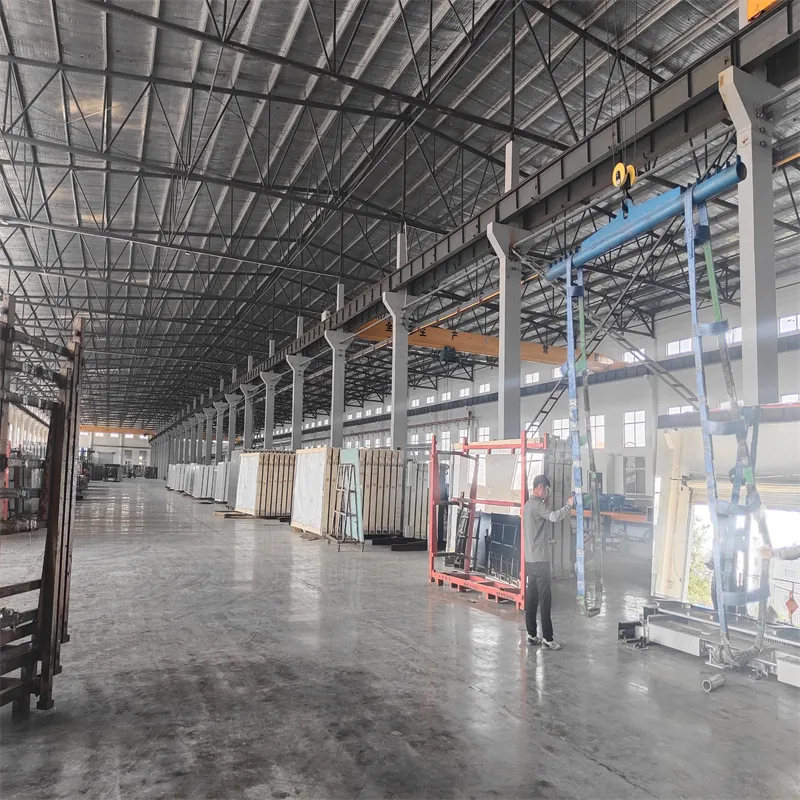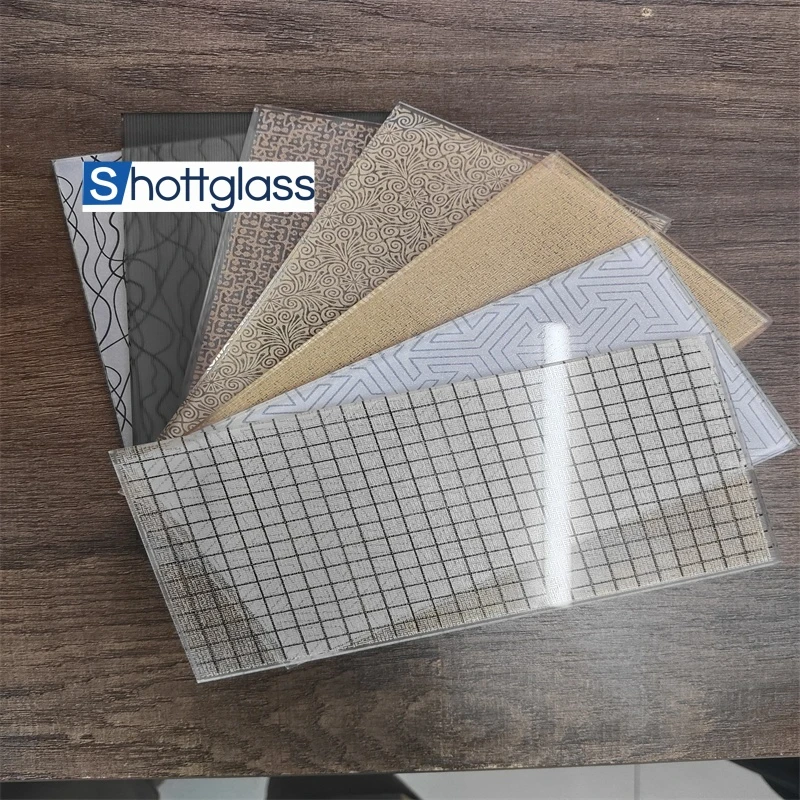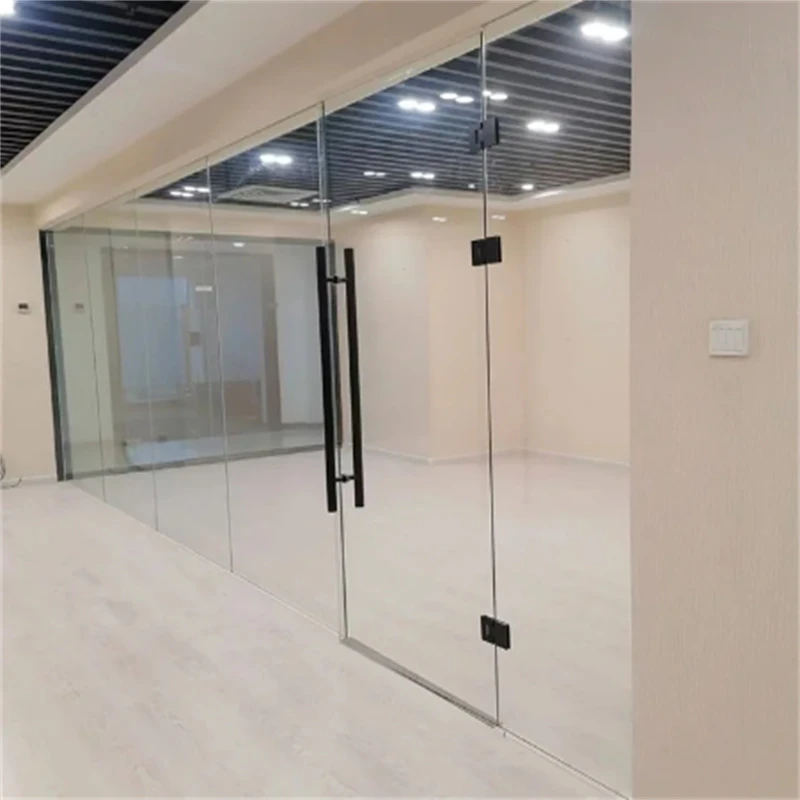10 月 . 16, 2024 20:49 Back to list
Innovative Float Glass Panel Solutions for Modern Architectural Design and Applications
The Evolution and Significance of Float Glass Panels
Float glass panels have revolutionized the architecture and design industries since their invention in the mid-20th century. This remarkable material, characterized by its smooth surface, clarity, and versatility, has become a cornerstone of modern construction and design. The process of creating float glass significantly enhances its properties, making it an essential element in various applications ranging from windows to elaborate glass facades.
Float glass was first developed by Sir Alastair Pilkington in the 1950s. The method involves floating molten glass on top of molten tin, creating a perfectly flat surface. This process eliminates the distortions commonly found in earlier glass-making techniques, such as blowing or casting. The result is a high-quality pane of glass that is not only smooth but also uniform in thickness. The float glass technique allowed for larger sheets of glass to be produced, paving the way for innovative architectural designs involving expansive glass surfaces.
One of the most significant advantages of float glass panels is their optical clarity. This feature makes them ideal for applications where light transmission is essential, such as in residential and commercial buildings. Large windows made from float glass can enhance natural lighting while providing unobstructed views of the outside environment. This quality has led to a growing trend in contemporary architecture, where the use of glass is increasingly favored to create airy, open spaces. Interior designers also appreciate float glass for its ability to reflect and manipulate light, thereby enhancing the overall aesthetic of a room.
float glass panel

Moreover, float glass panels possess remarkable strength and durability. When treated and processed properly, they can withstand significant impact and adverse weather conditions. This reliability makes them suitable for various architectural applications, including high-rise buildings, where safety and performance are paramount. The ability to temper or laminate float glass further increases its strength, making it resistant to breakage and reducing the risk of injury in case of accidents.
In addition to its aesthetic and functional benefits, float glass panels are also environmentally friendly. The glass manufacturing process has evolved to incorporate recycling and sustainable practices. Float glass can be recycled indefinitely without losing quality, making it a responsible choice for eco-conscious builders and designers. This sustainability aspect aligns with the current global emphasis on green building practices, where the focus is on reducing carbon footprints and conserving resources.
As technology progresses, the future of float glass panels is bright. Innovations such as smart glass, which can change opacity or color in response to environmental conditions, are gaining traction. This technology not only adds a layer of functionality to float glass but also enhances energy efficiency by controlling heat and light transmission. The adaptation of float glass for use in solar energy applications, such as photovoltaic panels, further demonstrates its versatility and potential impact on sustainable energy sources.
In summary, float glass panels have significantly influenced modern architecture, combining beauty with practicality. Their superior quality, strength, and aesthetic appeal make them an ideal choice for a wide range of applications. As we advance into a more eco-conscious future, the ongoing innovations in float glass technology will undoubtedly shape the landscapes of our cities and our built environments. The evolution of float glass panels represents a commitment to quality and sustainability that will inspire generations of architects, designers, and builders to come.
-
Wired Glass: A Strong and Secure Glass Solution for Various Applications
NewsNov.04,2024
-
Tinted Glass: A Stylish and Functional Choice for Modern Homes
NewsNov.04,2024
-
The Elegance and Versatility of Silver Mirrors
NewsNov.04,2024
-
The Advantages of Copper Free Mirrors
NewsNov.04,2024
-
Tempered Glass: A Reliable Choice for Modern Applications
NewsNov.04,2024
-
Pattern Glass: Stylish and Functional Glass for Modern Design
NewsNov.04,2024
Related PRODUCTS














